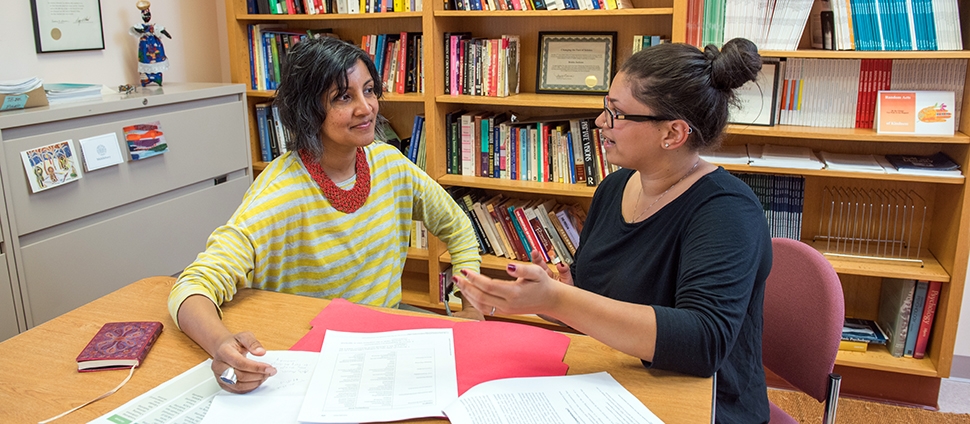Author ORCID Identifier
Preston P. Thakral: 0000-0001-6603-6186
Document Type
Article
Publication Date
12-1-2021
Publication Title
Cognition
Abstract
Episodic retrieval plays a functional-adaptive role in supporting divergent thinking, the ability to creatively combine different pieces of information. However, the same constructive memory process that provides a functional-adaptive benefit can also leave memory prone to error. In two experiments, we employed an individual differences approach to examine the relationship between different forms of creative thinking (divergent and convergent thinking) and false memory generation in the Deese-Roediger-McDermott paradigm. In Experiment 1, and replicating prior findings, false recognition was significantly predicted by convergent thinking performance. Critically, we also observed a novel predictive relationship between false recognition and quantitative metrics of divergent thinking performance. In Experiment 2, these findings were replicated and we further showed that false recall was predicted by quantitative metrics of divergent thinking. Our findings suggest that constructive memory processes link creative thinking with the production of memory errors.
Keywords
Convergent thinking, Divergent thinking, Episodic memory, Memory distortion, Recall, Recognition
Volume
217
DOI
10.1016/j.cognition.2021.104905
ISSN
00100277
Version
Author's Accepted Manuscript
Recommended Citation
Thakral, Preston P.; Devitt, Aleea L.; Brashier, Nadia M.; and Schacter, Daniel L., "Linking Creativity and False Memory: Common Consequences of a Flexible Memory System" (2021). Psychology: Faculty Publications, Smith College, Northampton, MA.
https://scholarworks.smith.edu/psy_facpubs/245


